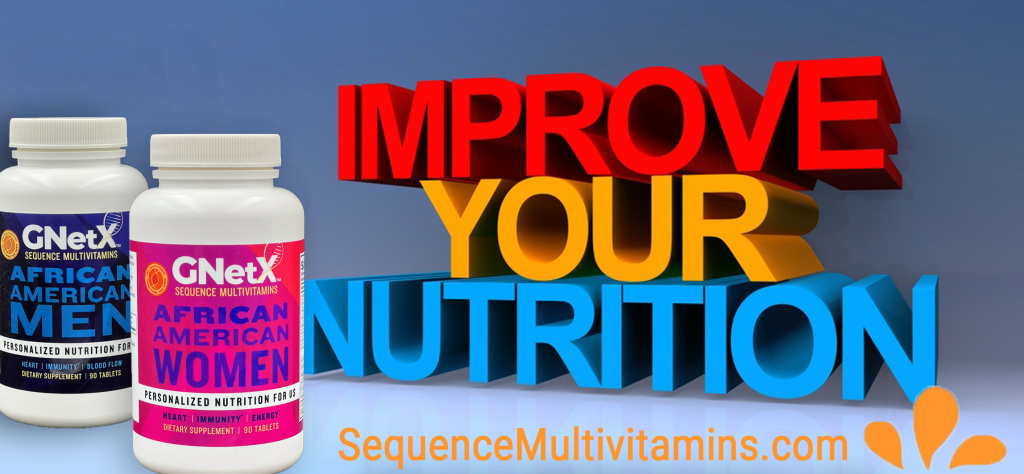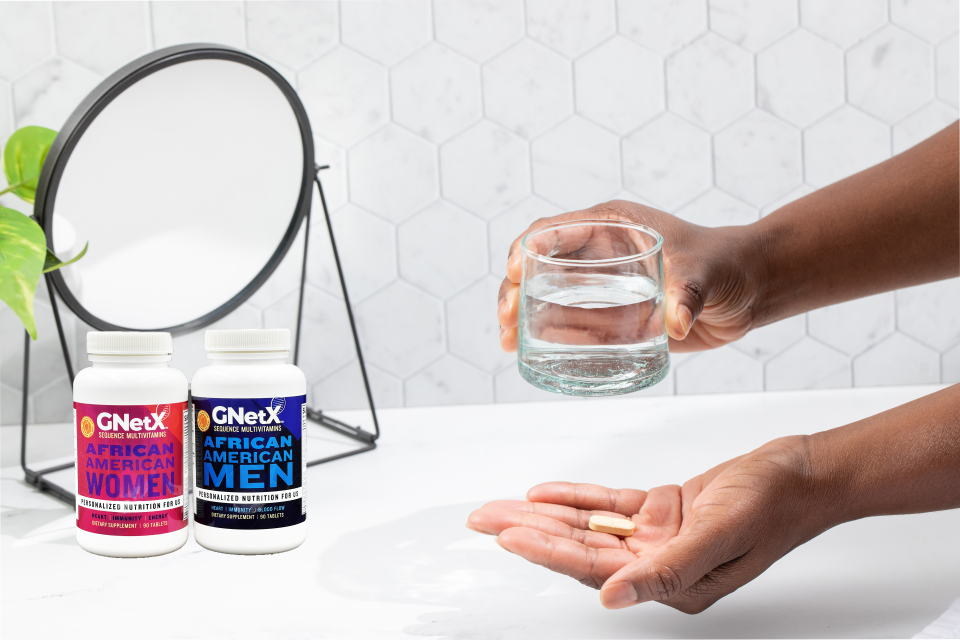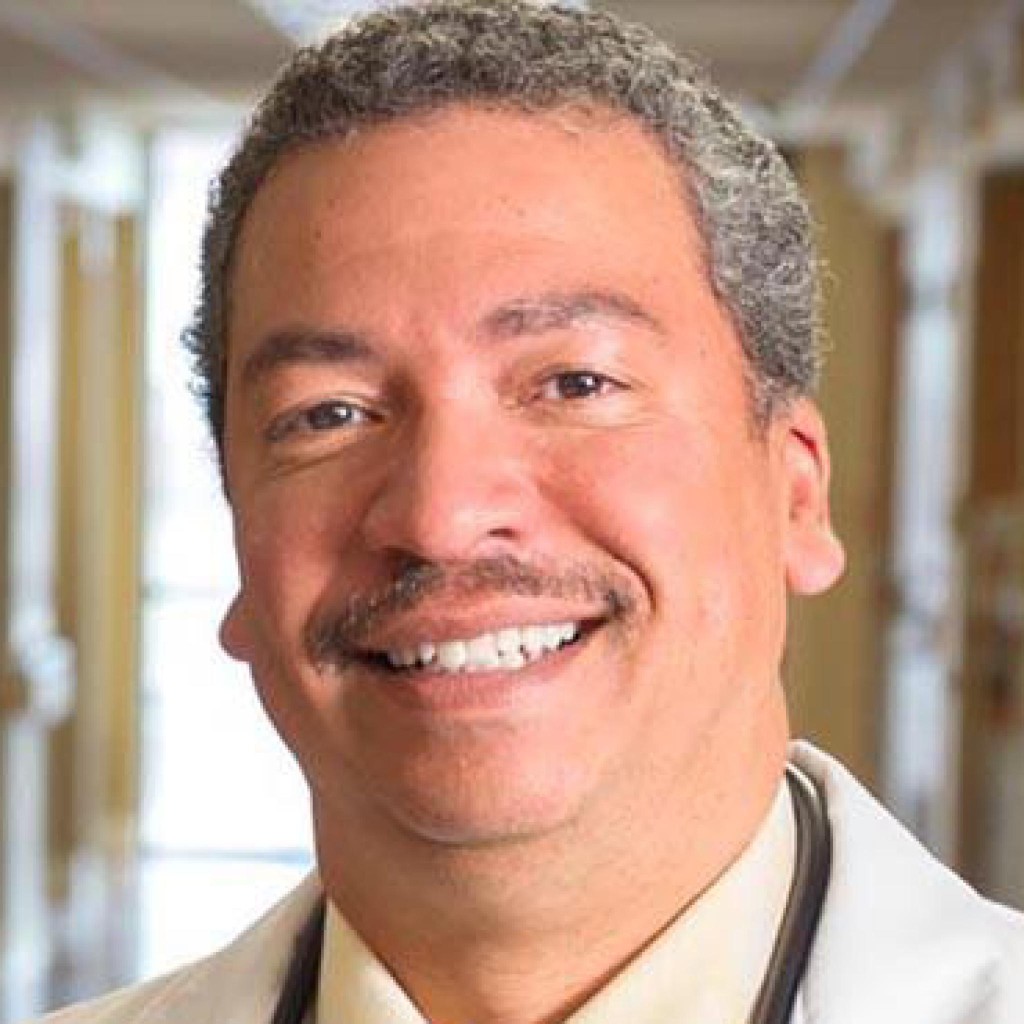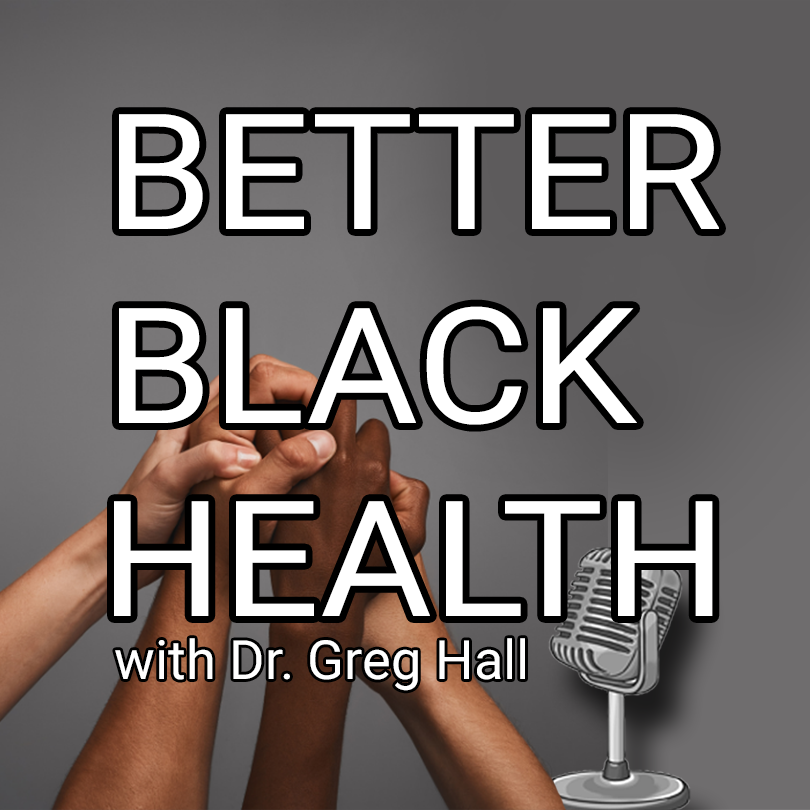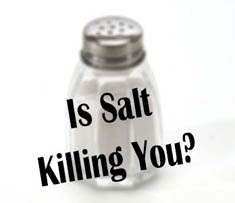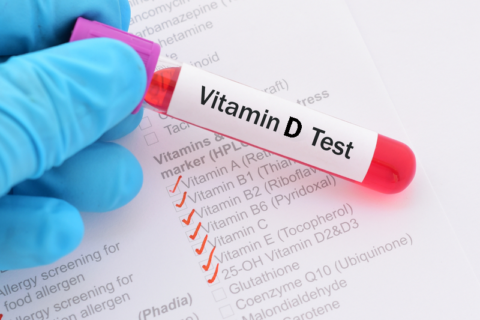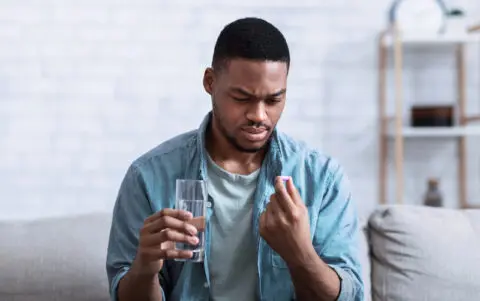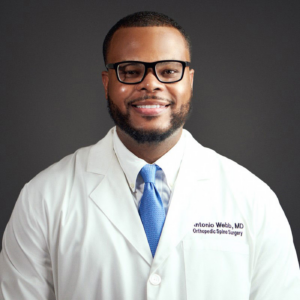Every year people across the country think of the new year as a new beginning, particularly for their health. Many of my patients take the same approach. “I’ll stop smoking at the beginning of the year,” or “I’m going to start a new diet after the holidays.” These are all reasonable approaches even though many people fail to follow through with their “New Year’s Resolutions.”
This year I’m suggesting that the Black community take an initial step in simply providing its body with the fundamental building blocks of health by giving your body what it really needs: the essential chemicals.
As many people have heard in my podcast, Better Black Health, or in articles, the human body at its core is simply a series of very complex chemical reactions. The body itself is made up of chemicals. Carbon, hydrogen, oxygen, nitrogen, sodium, potassium, magnesium, and much more make up the composition of the human body. What makes us function are the chemical reactions involved.
The big question is, do you have enough of those building block chemicals, and not too much, to function properly?
The vitamins and minerals that we need to live and function are called “essential vitamins and minerals.” They are called essential because they are essential. You cannot function long without the proper amount.
If we step back and think about plants, what is essential for them? Sunlight, water, and soil with nutrients. If you place a plant in rich soil, water it, and then put it in the closet, it will live a little while but not long. It needs the sun. Our human bodies function in a similar way. We need certain nutrients, including water (H2O), air (oxygen), food (nutrients), and more (for simplicity’s sake, let’s skip the “more”).
Essential Vitamins and Minerals
There are 13 essential vitamins which include vitamins A, C, D, E, K, and the B vitamins (thiamine, riboflavin, niacin, pantothenic acid, biotin, B6, B12, and folate). Minerals are also essential for the proper functioning of the human body, and they include sodium, magnesium, potassium, calcium, zinc, and many others. As with everything in life, you can get too little or too much of something.
Sodium is an Essential Mineral, but We Get Too Much
Sodium is the classic example of getting too much of a good thing in our food. Too much salt/sodium in our diet has been blamed for the increased high blood pressure, congestive heart failure, and heart attacks in the Black community. Reducing salt intake has been shown to reduce high blood pressure and lower the risk for many of these health problems. But getting too little sodium can cause health problems too! You need just the right amount.
Vitamin D Deficiency in Blacks is a Major Health Problem
Vitamin D deficiency in African Americans is associated with a host of common health problems, including diabetes, high blood pressure, immune system problems (HIV, COVID, STDs), prostate cancer, colon cancer, breast cancer, and much more. Researchers have repeatedly suggested that vitamin D deficiency may drive many of the health disparities we see in the African American community. The main way to get vitamin D is from the sun, and with most Blacks living in urban cities, laying or working in the sun rarely happens. Vitamin D deficiency is the consequence of where we live and work. The ONLY reasonable way for African Americans to get the proper amount of vitamin D is to take a supplement.
Why Haven’t I Heard This Before?
It is very surprising to me the number of people I meet on a daily basis who have never heard that vitamin D deficiency is so prevalent in the Black community and linked so closely to many of the health disparities we complain about.
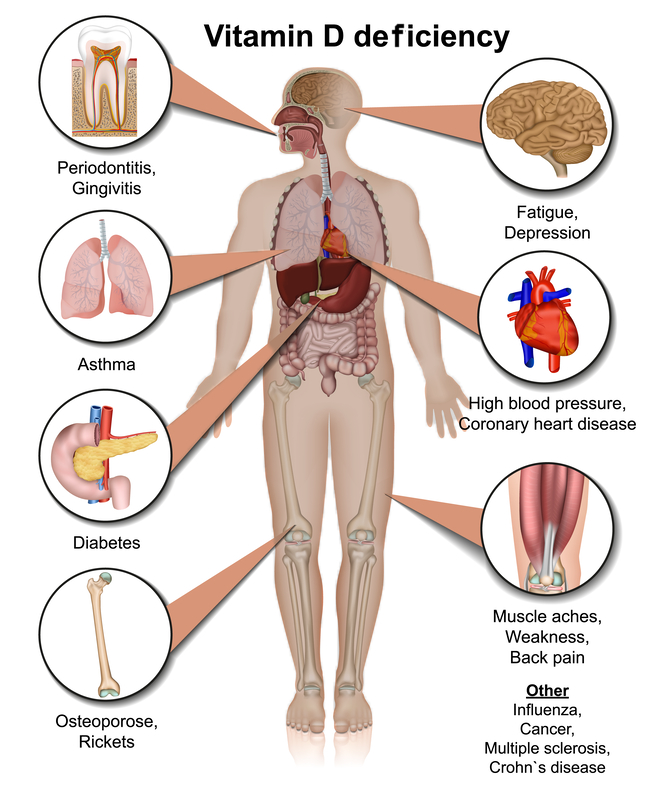
Some would suggest that there is some sort of conspiracy on why African Americans don’t take vitamin D supplements even though we suffer from diseases directly linked to vitamin D deficiency. I don’t believe there is a conspiracy. This is purely related to a lack of publicity, no one is writing about the nutritional needs of African Americans (except me), and writing about it, and talking about it, drives awareness. The simple solution for many of these nutritional deficiencies that are common in the Black community is to take an affordable supplement that will give you what you need.
You do not need to take GNetX Sequence Multivitamins for African Americans. All you need to do is take vitamin D3 2000 IU daily and eat a diet high in fruits, nuts, vegetables and fish. But do SOMETHING . . . Please give your body the ESSENTIAL nutrients it needs to be human. Have a happy and healthy new year!
